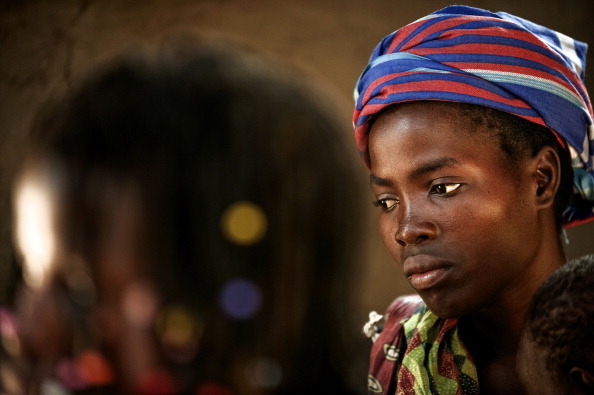
Imagine if you reported a rape, only to discover the law is on the side of your rapist.
A couple months ago, we shared the story of Amina Filali, a 16-year-old girl in Morocco who was forced to marry the man who raped her. Months after being married, Amina committed suicide by swallowing rat poison. Amina’s death caused an outcry in Morocco and throughout the region.
In January, nearly two years after Amina’s death, the widely-criticized clause in Morocco’s Penal Code sanctioning the marriage was finally abolished.
But elsewhere in Africa, the struggle is far from over.
If this legislation passes, instead of being offered support, survivors of sexual violence in Mozambique may find that, like Amina, the force of law will determine they have nowhere to turn for help.
This practice is not uncommon under traditional customs, particularly in rural areas. Laws and practices such are designed to defend the honor of the family, no matter the cost to the survivor.
Additionally, the proposed law incorporates prior Articles regarding rape of minors, allowing rapists to escape prosecution through marriage to young girls, effectively allowing child marriages. The law in Mozambique currently prohibits entirely marriage of girls under the age of 16, and only with parental consent for girls between 16 and 18. Amnesty is concerned these proposed revisions appear to deprive minor children under 18 of special protections of the law due to them by virtue of their age.
If this legislation passes, instead of being offered support, survivors of sexual violence in Mozambique may find that, like Amina, the force of law will determine they have nowhere to turn for help.
We cannot let women and girls find themselves in such desperate situations. We need to stand with the women and girls of Mozambique. And we can start by demanding that proposed Article 223 not be passed. Take action now!
